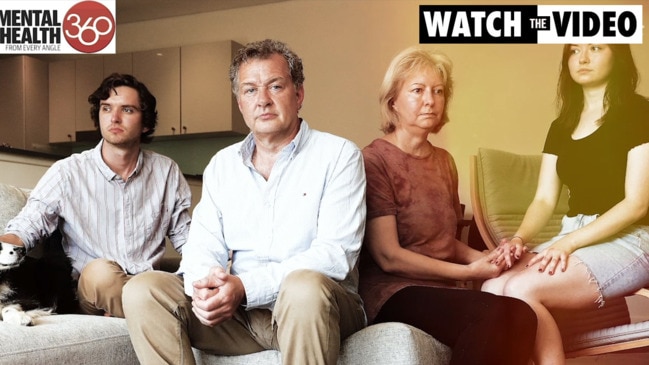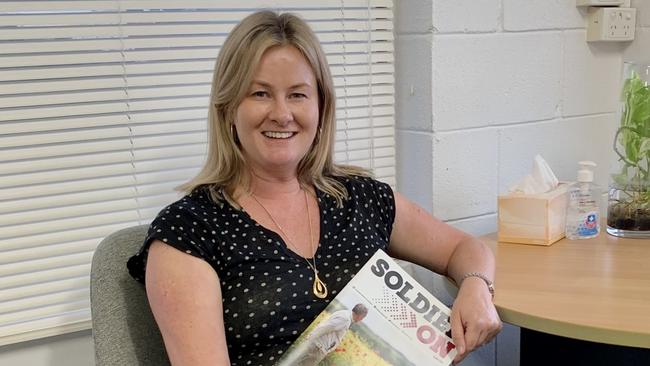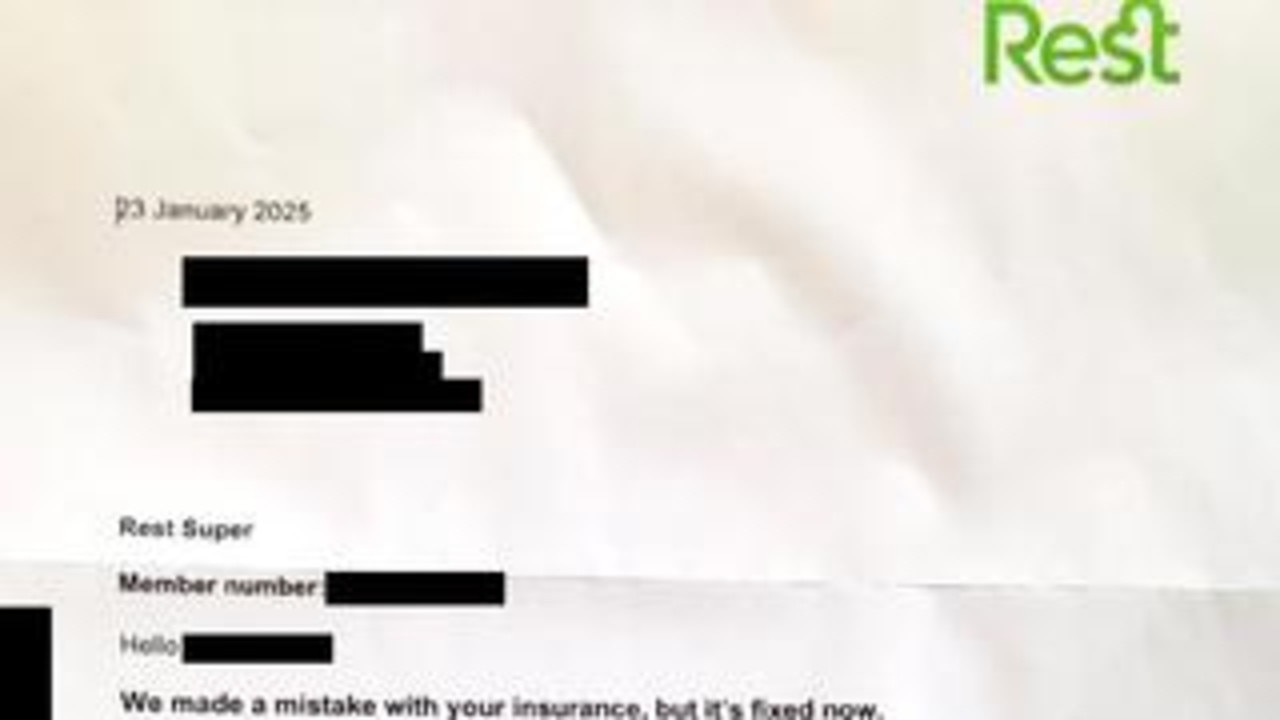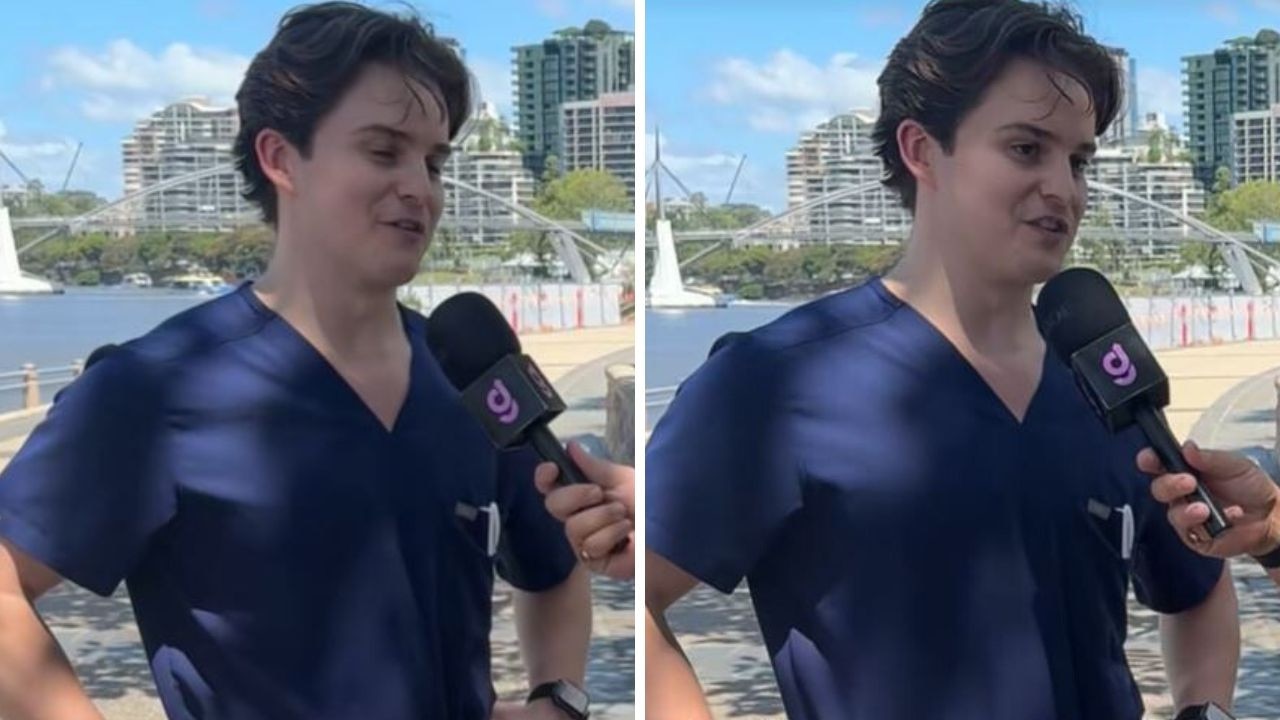Health workers need more training to support veterans’ mental health
Health professionals need more training to help returned service men and women fight their own personal battles.

Careers
Don't miss out on the headlines from Careers. Followed categories will be added to My News.
Military awareness training must be mandatory for health professionals if Australia is to address the alarming rise in veteran suicides.
Soldier On psychologist Joe Losinno believes the training is currently taken up by too few health workers and says a more formalised training program is needed.
“There’s no requirement for anyone working with a veteran to do (the training) but there should be greater training across the (health) sphere,’’ Losinno says.
“It should be as fundamental as multicultural training is to work with people from different cultures – it really is that important.’’
More than 50 veterans took their own lives last year – 32.5 per cent more than in 2019 and the third highest number in the past 20 years.
Waiting times to access support have also increased, amid a dire lack of psychiatrists and medical professionals to support returned veterans.

Losinno, an army veteran, says without proper training, health professionals are ill-equipped to hear “grotesque’’ stories of “profound human suffering and torture’’ that form the hallmark of a veteran’s war experience.
Currently, free online military awareness training is available through organisations such as Open Arms Veteran and Families counselling.
Post-traumatic mental health centre Phoenix Australia also provides training and resources and will soon offer certificate and advanced certificate programs in trauma-focused cognitive behaviour therapy.
Losinno says the training is designed to preserve the dignity of veterans who, because of their military experience, are inclined to suppress physical and emotional injuries rather than seek the help they need.
Phoenix Australia training and workforce development director Associate Professor Leanne Humphreys says veterans frequently report frustration with GPs and other health professionals – including mental health clinicians – who have inadequate knowledge of veteran-related mental health care.
But she says those who take the time to gain military awareness skills find their work immensely rewarding.
“As well as working to help treat diagnosable disorders, there is also a lot that can be done to help veterans make a better transition to civilian life,’’ she says.
“Veterans have been trained to follow orders, suppress emotions (and) respond automatically but those skills don’t always serve you well in civilian life.
“In civilian life, it helps to be able to engage, think and feel so there is a lot that can be done to help ‘untrain’ the automatic responding.’’
Pauline Fitz has spent seven years working as a clinical psychologist but has decided to specialise in providing psychological services to returned veterans.
Fitz undertook additional training to help her understand the mindset of soldiers and sees her role as giving back to those risked their lives for their country.
“It’s really beautiful to be helping (veterans) not just to keep their heads above water but to try to help them to heal,’’ she says.




